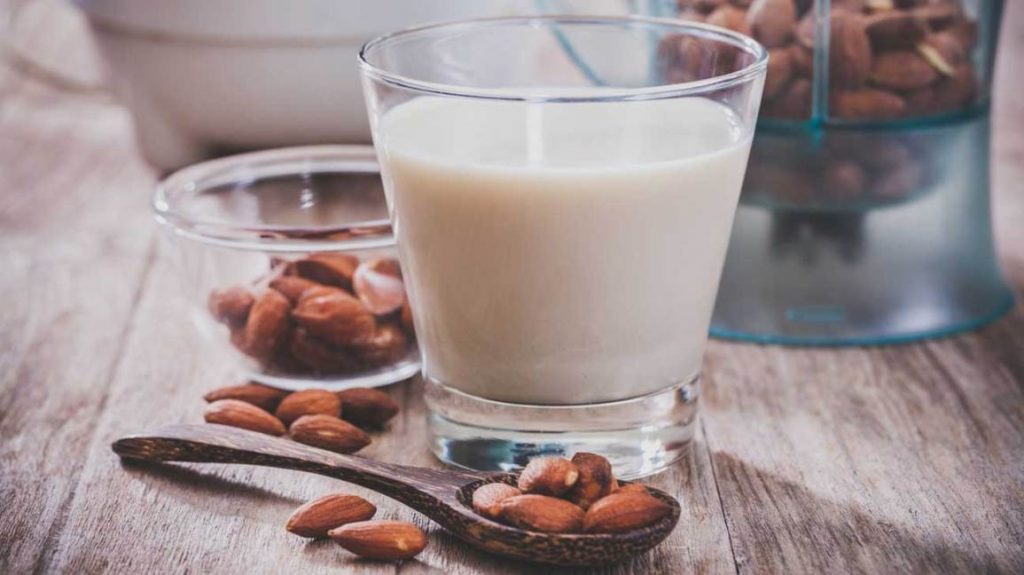What to know about milk

Cow’s milk, a drink people often associate with good health, is one of the most popular beverages in the United States
Milk is a natural food source for mammals. Animals, including humans, produce milk to feed their young until they are ready for solid food.
As such, milk contains valuable nutrients that help support a growing body, including calcium and protein.
Research about milk is conflicting, however, with different studies claiming milk is either good or bad for the body.
Due to rising concerns about health, lactose intolerance, and animal welfare, plant-based milk, and dairy alternatives are gaining popularity.
This article looks at the potential health benefits of cow’s milk and discusses alternatives.
Calcium is an essential nutrient for strong bones and teeth, muscle movement, and nerve signals. Health authorities recommend getting enough calcium to help prevent bone fractures and osteoporosis.
Milk offers a rich source of calcium. Manufacturers fortify cow’s milk with vitamin D, another nutrient that benefits bone health.
While calcium is important, not all studies agree that milk is good for preventing osteoporosis or fractures, as a 2019 review discusses. Due to this discrepancy, scientists still need to do more research.
Milk and heart health
Milk is a source of potassium, which can help the blood vessels dilate and reduce blood pressure.
Getting more potassium while also reducing sodium (salt) intake can lower blood pressure, reducing the risk of heart disease and stroke.
Many people in the U.S. do not get their recommended daily requirementTrusted Source for potassium of 3,400 milligrams (mg) in males and 2,600 mg for females.
Other potassium-rich foods besides milk include:
dried apricots
oranges
potatoes
tomatoes
lima beans
spinach
bananas
prunes
yogurt
Cow’s milk also contains a high amount of saturated fat and cholesterol, which can increase the risk of heart disease, so people should eat dairy in moderation.
phosphorus
vitamin A
vitamin D (in fortified products)
riboflavin
vitamin B-12
protein
potassium
zinc
choline
magnesium
selenium
The nutritional breakdown of milk depends on the fat content.
A 100-gram (g) serving of whole milk with 3.25% fat containsTrusted Source:
61 calories
4.8 g of carbohydrate
3.25 g of fat
3.15 g of protein
A 100-g serving of low fat milk containsTrusted Source:
43 calories
4.97 g of carbohydrates
0.97 g of fat
3.48 g of protein
A 100-g serving of soy milk containsTrusted Source:
33 calories
1.67 g of carbohydrates
1.67 g of fat
2.92 g of protein
Some important nutrients that all milk provides include:
Calcium
Dairy products, including milk, are among the richest dietary sources of calcium. Calcium is essential for bone and tooth health, blood clotting, and blood pressure.
Pair calcium-rich foods with sources of magnesium and vitamin D, as vitamin D supports calcium absorption in the small intestine, and magnesium helps the body incorporate calcium into the bones.
Choline
Choline is an important nutrient for sleep, muscle movement, learning, and memory. It also helps with nerve signals, fat absorption, and inflammation.
Potassium
Potassium is vital for heart health, which includes reducing the risk of stroke, heart disease, and high blood pressure.
A 100-g serving of cow’s milk contains around 162 mg of potassium, slightly more than in many soy milk beverages.
In the case of lactose intolerance, however, a symptom such as diarrhea can lead to potassium depletion.
Fortified vitamins and minerals
Manufacturers fortify most milk, including cow’s, soy, almond, and others, with additional vitamins and minerals that are not present naturally. These added nutrients include vitamin A, riboflavin, vitamin B-12, and pyridoxine.
Exposure to light destroys some vitamins, especially A and riboflavin, so milk that people store in transparent containers will have lower nutrient levels.